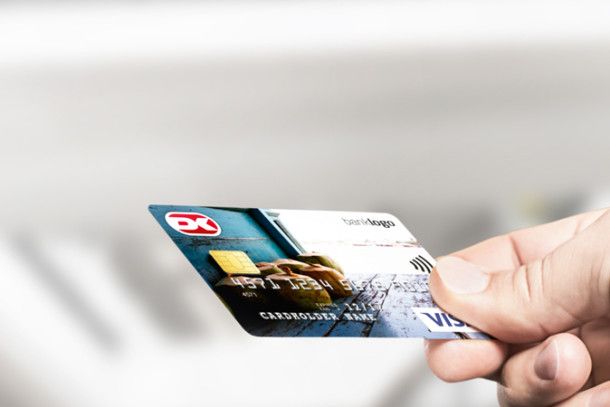The long-anticipated contactless Dankort is finally a reality. Jyske Bank and Danske Bank have started replacing their customers’ old cards with the new version.
The card can still be used like a traditional card by using PIN codes at a terminal, but the new version can also be used by simply waving it at a terminal. If the amount is less than 200 kroner, a PIN code is not necessary.
“There is no doubt the contactless Dankort makes it easier and faster to pay,” Jesper Nielsen, the business head at Danske Bank, told TV2 News.
Danske Bank will replace customers’ existing cards as they expire, and the bank is allowing customers to order new cards from now until 1 November at no charge.
Ready to rock
Jyske Bank customers whose cards expire in September will automatically receive a new card, and they can also order a new one at no charge.
Jyske Bank assured customers that each payment can only be registered one time – even if a contactless card is passed over a terminal multiple times. Occasionally, as a security measure, a PIN card will be requested, even if a purchase is for less than 200 kroner.
READ MORE: Contactless Dankort on the way
NETS, the company that operates Dankort in co-operation with banks and retail, said most stores are ready to accept the new technology.
“The vast majority of terminals are prepared to accept the new card,” NETS spokesperson Ulrik Marschall told TV2 News.
Dansk Supermarked said the contactless cards are already being used in all of its stores.















